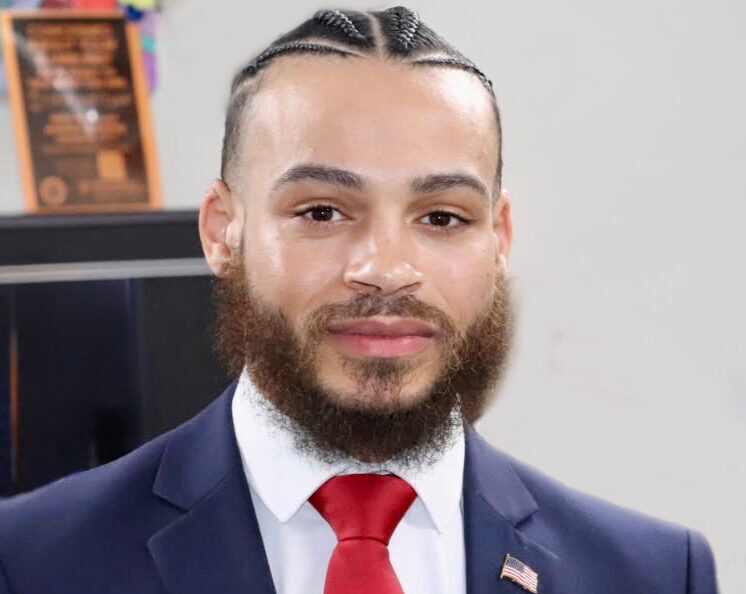Veterans Programs and PARC Certification Training
After facing addiction and homelessness, veteran William Eddins found healing and purpose at Samaritan Daytop Village – transforming his life and now helping others as a Peer Recovery Professional.

Veterans Programs and PARC Certification Training
After facing addiction and homelessness, veteran William Eddins found healing and purpose at Samaritan Daytop Village – transforming his life and now helping others as a Peer Recovery Professional.

William, a Marine veteran from Alabama, came to New York City to start a new career but fell into addiction and homelessness after his plans unraveled. Following a devastating series of events, including a tragic car accident, job loss, and increasing drug use, William was arrested and given a choice: enter residential treatment or face eight years in prison. He chose treatment and was admitted to Samaritan Daytop Village’s Ed Thompson Veterans Center, where he found community, structure, and a path to recovery.
At the Center, William immersed himself in volunteer opportunities and enrichment programs, including acting, peer mentoring, and wellness outings. Inspired by peer professionals and encouraged by staff, he enrolled in the Peer Alliance Recovery Center’s (PARC) Recovery Coach Academy and completed an internship while still in treatment. Though he initially considered college, a missed deadline led him to pursue certification as a Recovery Coach. This role has allowed him to give back while continuing his own recovery.
Today, William works full-time as a Team Leader and Peer Professional at PARC in Queens. A proud father, he is committed to using his lived experience to support veterans, justice-impacted individuals, and those navigating complex systems. With plans to earn a degree in psychology and pursue CASAC certification, William continues to grow in leadership and purpose.
“Samaritan helped me reclaim my life,” he says. “Now I help others reclaim theirs.”